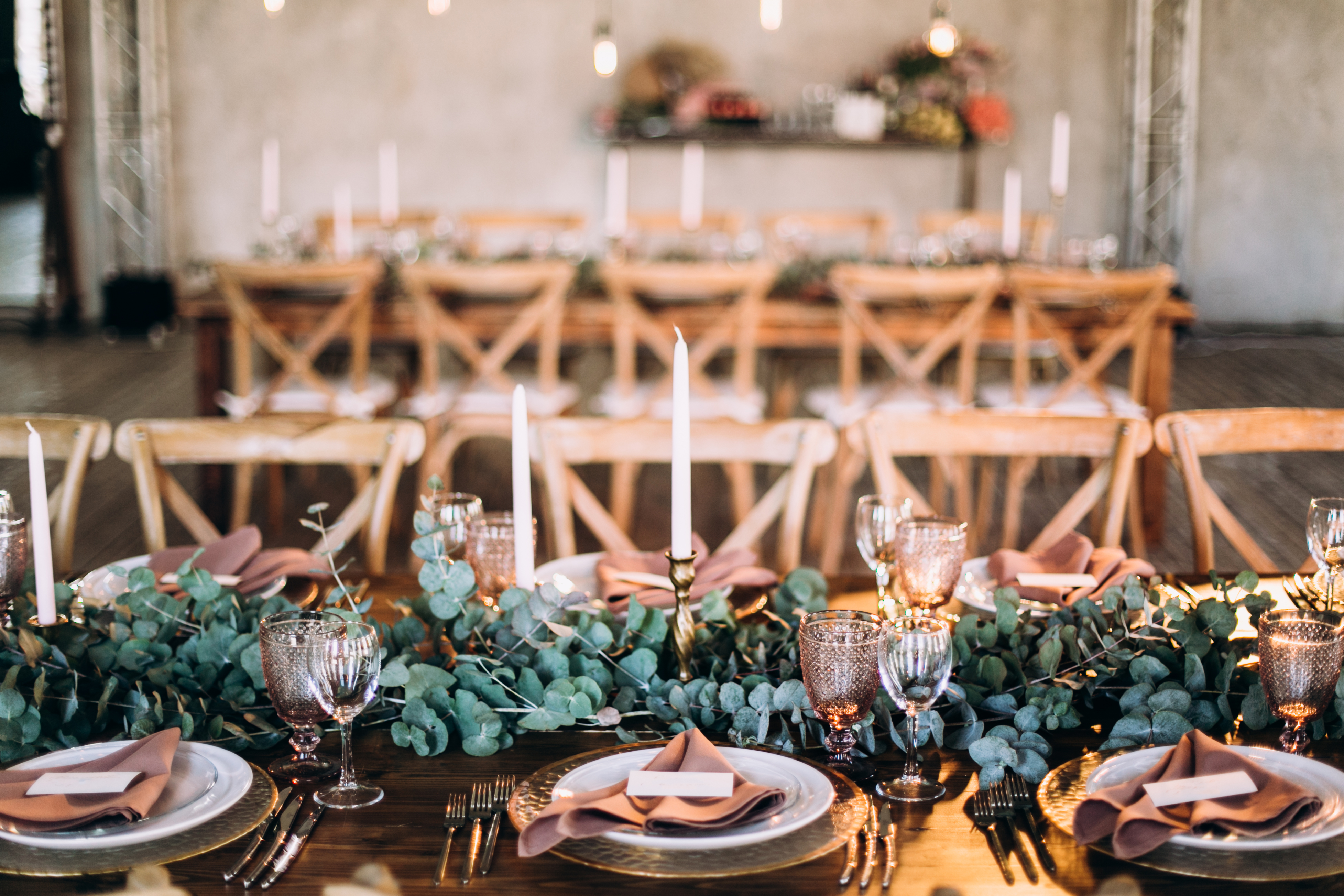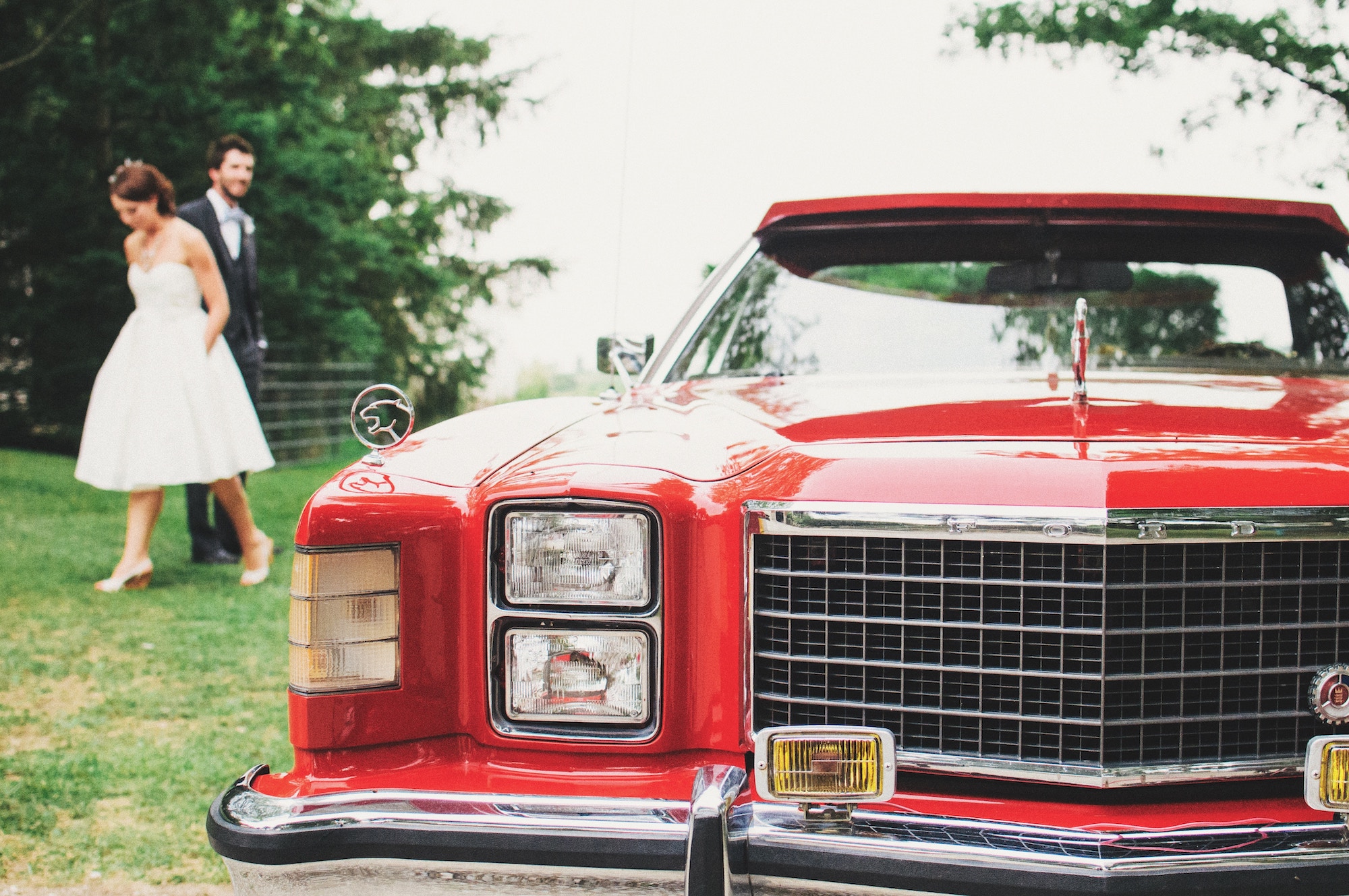
Money and wedding budget doesn’t have to be a tense subject, so as long as discussions happen at an early stage and in an open and honest manner. Traditionally, the bride’s father bears the cost, however nowadays this is no longer expected – parents on both sides may be keen to contribute towards your wedding budget and some couples may even wish to cover all the costs themselves.
1. Who’s contributing?
Whatever the financial situation, just bear in mind that just because someone is contributing towards the wedding certainly does not mean that they control it.
An open discussion before accepting any generous offerings from parents will save a lot of trouble further down the line. Here are some tips to help you and your family determine the wedding budget:
Have a discussion with your parents and ask to commit to a specific amount that they are able to afford to contribute;
Instead, you could ask your parents to finance a certain part of the wedding, for example, the ceremony, catering or the flowers;
Discuss with your partner to determine how much you can realistically afford to contribute.
 2. Be clever when budgeting!
2. Be clever when budgeting!
When planning a wedding being organised is the key. Same goes for managing any budget. Record all estimated and actual costs so you can keep an eye on the overall picture of your expenditure levels.
Be assured – you will change your mind numerous times during the planning process so don’t let the budget planning take away all the wedding joy.
Tip: Whatever you set your budget at, you will most likely exceed it therefore you may want to build in a 10% contingency straight away.
You can download your Wedding Budget Planner here to start adding provisional costs as you go along.
 3. Edit the guest list
3. Edit the guest list
When finalising your guest list, please bear in mind that this is not about returning favours. You should be ruthless and only have an ‘A-list’ as you must want those guests to be at your wedding. Anyone whose friendship has expired or who would only attend to ‘tick the box’ should be carefully considered.
Family should come first;
Cutting down your guest list by 15 people may result in approximate saving of £1,300;
Once you have agreed numbers, work out how much you can spend on each one.
 4. Research – you should never assume
4. Research – you should never assume
Now it’s time to do some shopping around. Yaayyy!
Never guess how much tings or services will cost – you may be way off the actual amount. Also, many goods or services that are associated with ‘wedding’ will auto-magically be marked up in price therefore any personal recommendations will help to escape falling into the trap.
Record the estimated amount to be allocated to each aspect of your wedding;
Look through magazines, dig the internet and speak to any friends who have recently married for some suggestions;
Plan for the type of wedding you can afford;
Look out for any hidden costs (e.g. in addition to the venue hire, you may also be charged setup and breakdown fees).
 5. Prioritise & Compromise
5. Prioritise & Compromise
Think about what is essential, what is unnecessary and the areas where you can cut your costs. Weddings can be expensive, but they don’t have to break the bank or get you into a large debt.
Identify the elements of the day that are the most important to you, such as, the ceremony venue, the dress and the quality of the food (your fiancée may have different priorities, such as an open bar while you would vote for spending more money on a quality meal);
Think quality over quantity – a simple, but delicious main course and dessert will be much more enjoyable than a mediocre five-course wedding breakfast;
If you can’t afford it, you most likely don’t need it.
There’s no love, like your love
And no other, could give more love
There’s nowhere, unless you’re there
All the time, all the way…
– Everything I Do, Bryan Adams
 6. Break down the wedding budget
6. Break down the wedding budget
How much does it really cost to get married in Scotland? On average couples will spend around £29,904 therefore to make it more manageable I have provided the typical breakdown of the wedding budget:
40% on the Wedding Reception (including food & drink);
20% on Photography & Cinematography;
15% on Flowers;
10% on Wedding Outfits;
10% on Entertainment;
5% on all other bits & bobs (e.g. stationery, wedding favours, marriage fees, etc.);
10% emergency expenses (hidden service charges; wedding planner; custom cocktails, etc.).
 7. Find ways to save
7. Find ways to save
Once you have set your priorities and have broken down the budget, it’s time to crunch it down even further. We sure want to have that ‘million dollars’ feeling at our wedding without actually spending it. Below are some tips on achieving your wedding dreams:
Borrow or hire rather than buy;
Read the small print to avoid any costly surprises further down the line (VAT or 25% service fees added to your bill);
Ask talented family & friends to assist (creating stationery, wedding favours, dressmaking or maybe even entertainment?);
If you must buy any decorations, wait until Christmas or Summer sales;
Choose to go ‘off-peak’ (winter or mid-week weddings will cost significantly less);
Consult a wedding co-ordinator (they will have contacts & experience which is a ‘win-win’ for saving time & money).
 8. Track your spending
8. Track your spending
It is much easier than you think to get carried away with all the offerings from various suppliers and unnecessary ‘upgrades’ just to slightly change the colour or a design of a table cloth. Let’s be honest – nobody will be examining the thread count of the linen as they’ll have a beautiful table setting laid out with your centrepieces, fine china and silverware. I can’t remember a wedding where anyone would have commented: ‘I wish you spent an extra £1,500 on better tablecloths.’
I have included a Wedding Budget Planner here for you with all basic aspects covered and built-in suggestions on how much to contribute on specific areas of the wedding based on your budget.
9. Don’t forget about the tips
Vendors that supply services at ‘wedding rates’ usually are not tipped as they may have already included a service charge to your bill.
However, friends or family who offer you special rates – for example, a friend who is a great photographer only charges you the printing cost and does the photography & editing for free – may be better rewarded with a thoughtful gift rather than you insisting to pay the actual market value.
The same thought goes to any other friends who have gone above and beyond to helping to creating your Big Day.
All these little costs will add up, so make sure you don’t forget to add extra ‘add-ons’ to your wedding budget planner.
 10. Finalise & Double check
10. Finalise & Double check
Planning such a large event requires attention to detail and careful organisation – chaotic paperwork will only add to pre-wedding stress.
Make sure you keep a hold of all correspondence, receipts and quotations as well as keep a note of any deposits paid on the budget planner. To make your life easier, below is a wedding budget checklist:
The Ceremony
– Marriage Licence
– Officiant’s Fees
– Venue Hire
– Wedding Rings
– Transport
– Musicians
– Bell Ringers
The Reception
– Venue Hire
– Catering & Beverages
– Wedding Cake
– Entertainment
– Wedding Favours
– Linen & Tableware Hire
– Service Charge
Wardrobe
– Wedding Gown
– Shoes & Accessories
– Bridesmaid’s Outfits
– Hair & Make-up
– Groom’s Attire
– Best Man’s & Groomsmen Outfits
Flowers
– Bridal Flowers
– Buttonholes
– Ceremony Flower Arrangements
– Reception Flower Arrangements
Photography
– Photographer
– Videographer
Misc
– Announcements
– Invitations & Stationery
– Postage
– Gifts
– Wedding Insurance
– Accommodation
– Honeymoon
Please, please remember that the amount of money you spend is NOT a measure of the strength of your relationship. Wedding is a celebration of love so enjoy it and have the perfect day of your life the way YOU want it!
